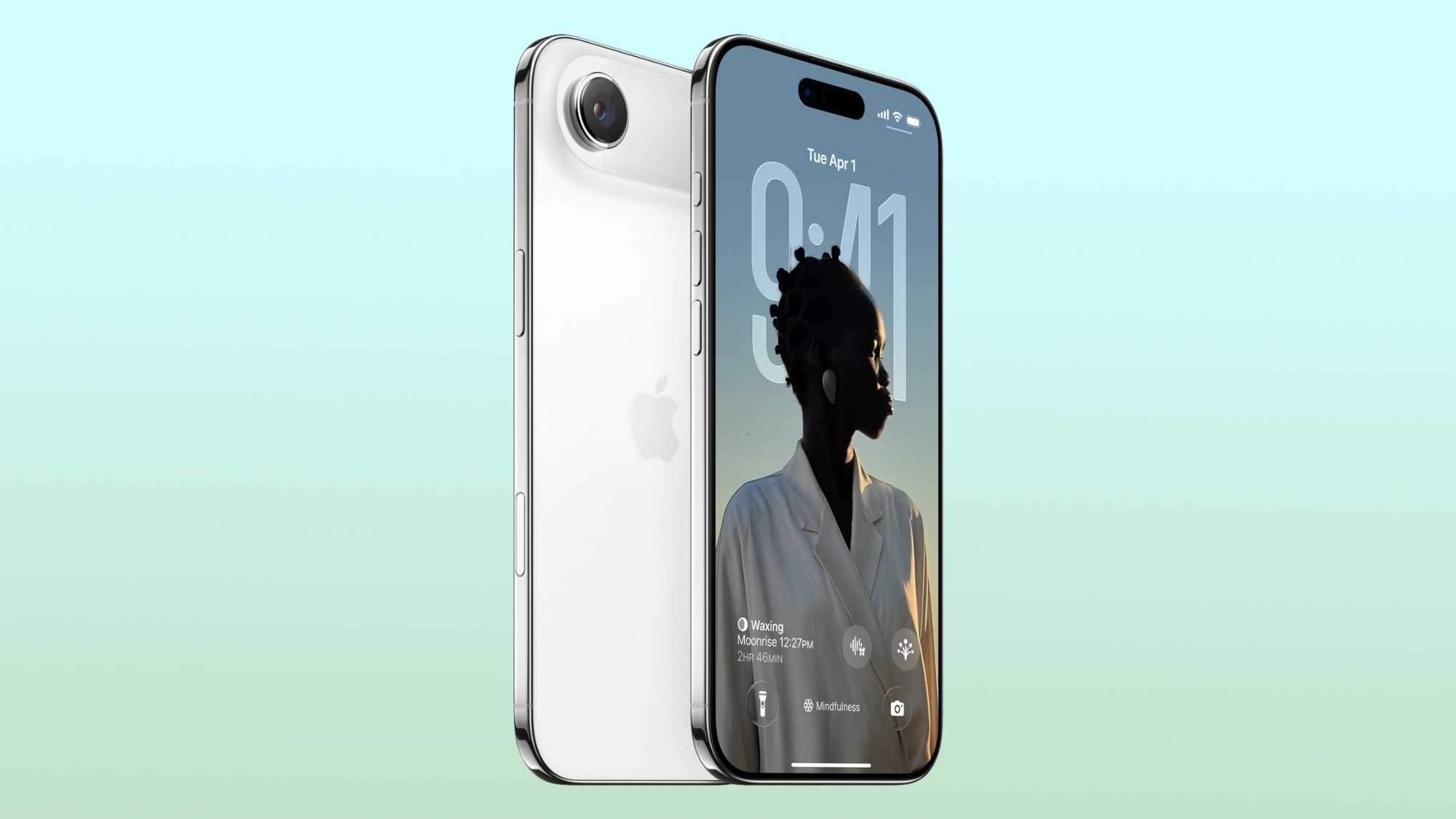
Before the iPhone Air debuted, rumors suggested that it would adopt the C1 modem chip that Apple first introduced with the iPhone 16e. It turns out Apple had another idea in mind, and the iPhone Air is equipped with a new C1X chip.

Apple says the C1X modem is up to 2x faster than the C1, while using the same cellular technologies. It is apparently faster than the Qualcomm modem in the iPhone 16 Pro, while using 30 percent less energy. According to Apple, the C1X is the most power-efficient modem in an iPhone.
Apple seems to be referring to sub-6GHz 5G speeds when it says the C1X is faster than the modem in the iPhone 16 Pro, because the chip still doesn't support mmWave 5G speeds.
The C1X is limited to sub-6GHz 5G bands, while the Qualcomm modem in the iPhone 17, iPhone 17 Pro, and iPhone 17 Pro Max supports both sub-6GHz and mmWave. Sub-6GHz is the more widespread version of 5G, while mmWave is more limited and is typically found in major cities and urban areas.
The iPhone Air has longer battery life than the iPhone 16 despite its thin size, and it also offers better battery life than the iPhone 16e with C1 modem. The iPhone Air lasts for up to 27 hours when watching videos, while the iPhone 16e lasts for up to 26 hours.
Article Link: iPhone Air Gets Faster and More Efficient C1X 5G Modem, But No mmWave

